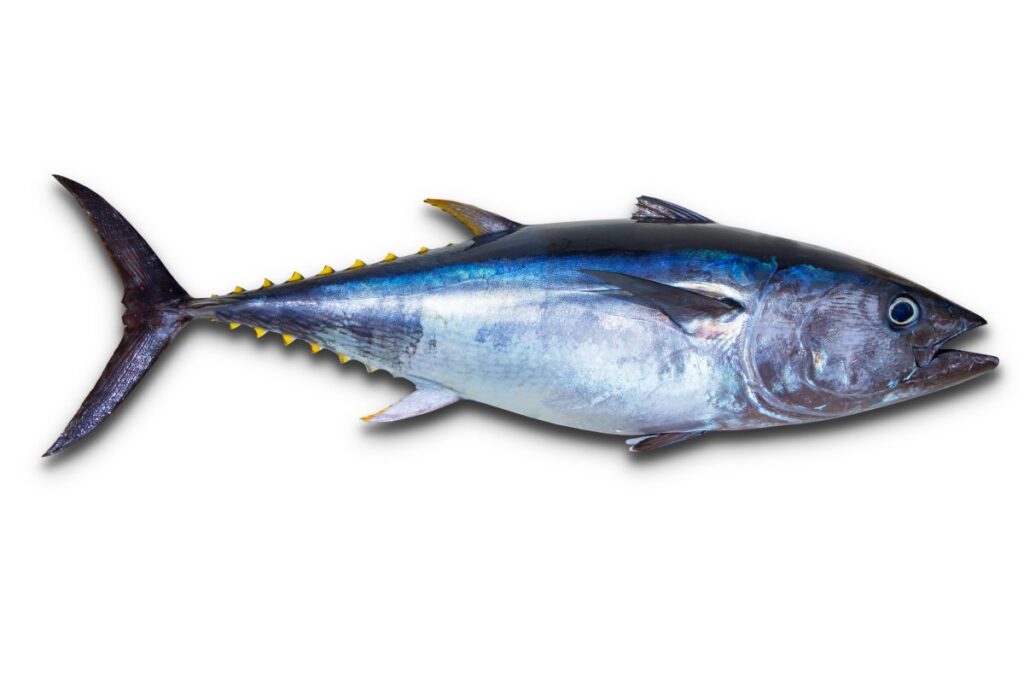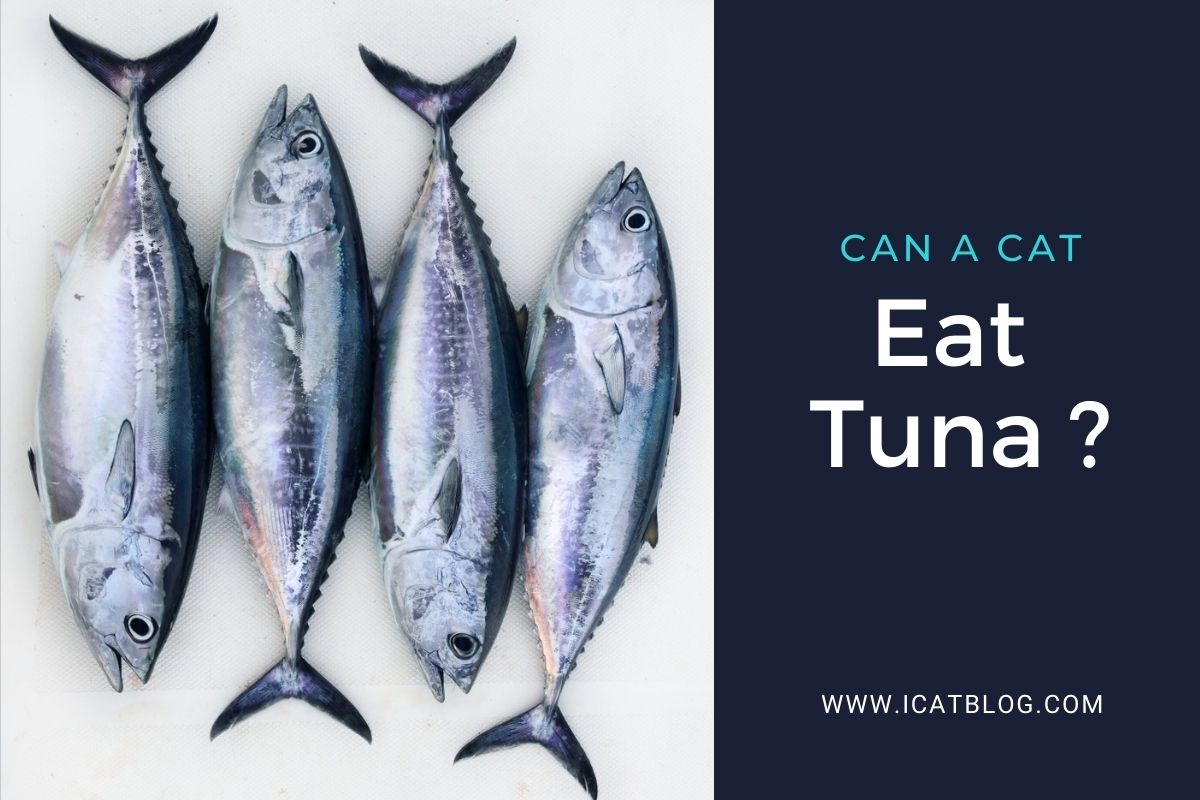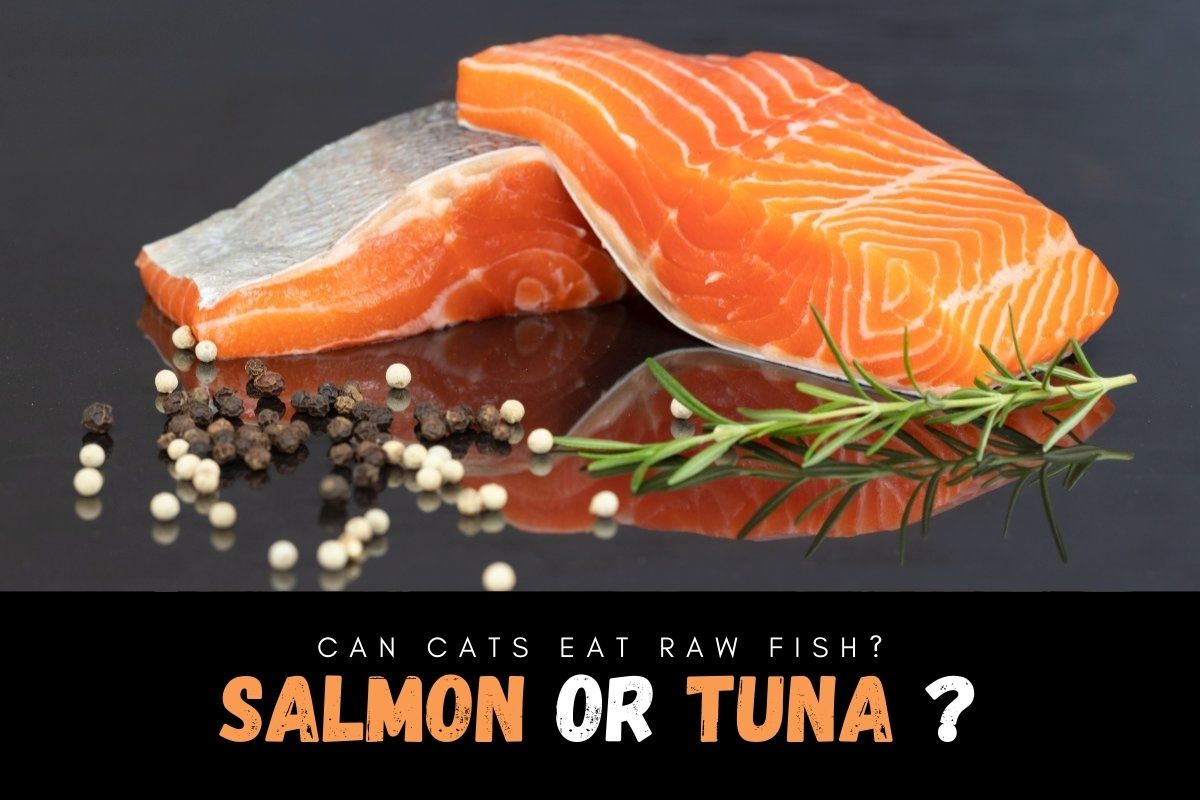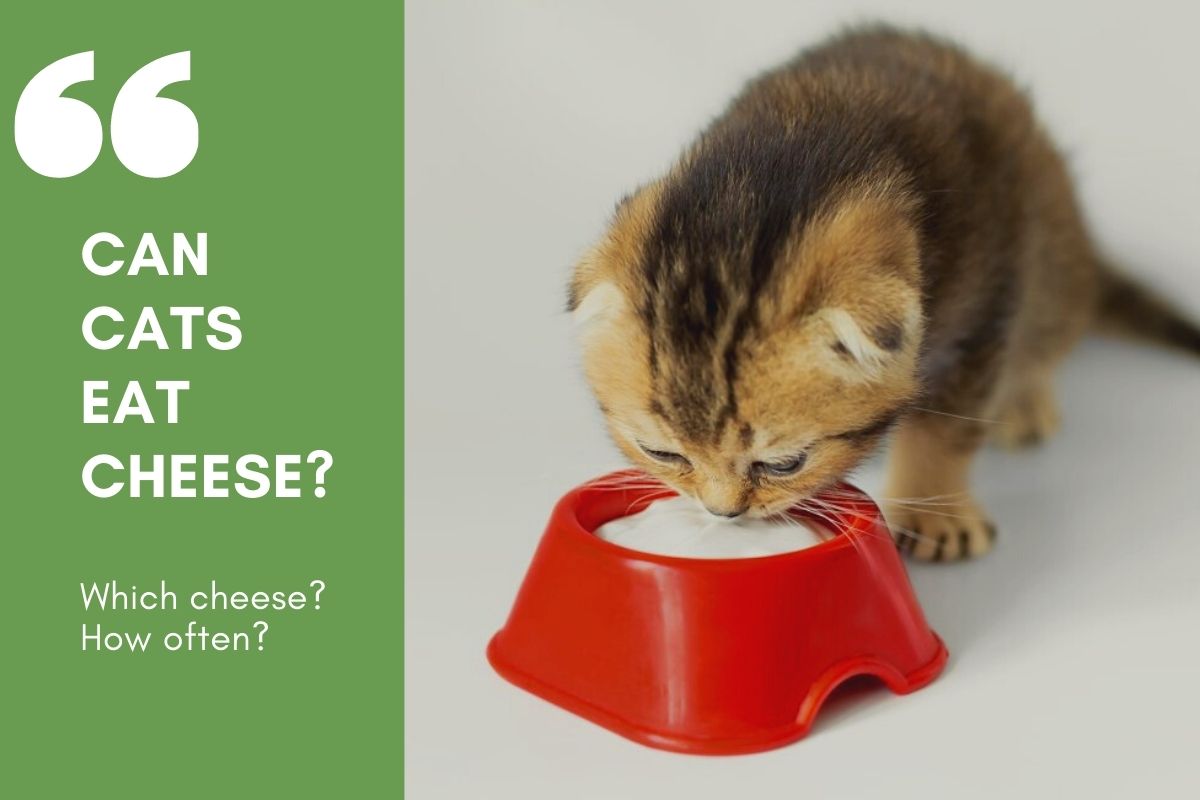It is no secret that cats love the smell and taste of tuna and will come running out of nowhere upon hearing a can of tuna getting opened. It is a delicacy for cats whether the tuna in question is for human consumption, tuna in water, or even freshly caught wild tuna fish. Many cats will not hide their love for tuna and will delightfully chomp it down.
But how safe is it to feed tuna for cats, and what nutritional value does it contain? Read on more to find out, as this article covers a range of potential risks and benefits of a diet of tuna for cats.
What Are The Benefits Of Tuna?
• Omega 3 fatty acids
Tuna is a well-known treatment for cats given in moderation and thus can provide several health benefits for your cat. Since tuna is essentially a fish, it provides cats with Omega 3 essential fatty acids that improve the health of their skin and coat.
In addition to that, omega-three fatty acids also help increase the energy levels in cats. So if you have a lazy cat around your house that needs a bit of movement going for its good, then feeding it a treat-sized amount of tuna may provide it with the energy to move around and prevent any health problems related to inactive cats.

• Growth
Tuna for cats can be quite beneficial in other senses as well, given that it is provided in small portions and is a part of a balanced diet. Another health benefit of tuna for cats is the boost of growth.
This is because tuna contains good amounts of protein and amino acids. These nutrients effectively help cats grow by boosting muscle growth.
• Strengthen Immune System
Among the nutrients that tuna for cats provides are essential vitamins that boost the cat’s health and provide them with nutrients that a cat would otherwise have no means to obtain.
For example, vitamin D is a nutrient that cats cannot obtain from anywhere else but their food, compared to humans that can easily absorb it from natural sunlight through their skin. These vitamins are a key contributing factor in improving the cat’s immune system and keeping them healthy for longer periods.
• Eliminates Free Radicals
Additionally, tuna for cats contains a good amount of antioxidants, which can help remove free radicals. Not only that, but these organic compounds can also help in lowering and controlling blood pressure in cats.
What Are The Disadvantages Of Tuna?

• Obesity
Obesity in cats is when excessive amounts of fat and increased body mass can lead to other health problems, including diabetes, urinary disease, and arthritis. There is a potential for obesity in your cat if you are careful with the number of treats you feed your cat.
As cat parents, it can be tempting to give as many treats to our cat that equals more happiness for the cat, right? Yes and no, although cats need mental stimulation to keep them happy, and this can be through treats; feeding them more than enough can give them health problems, and you do not want that.
Tuna falls in the same category as a treat for cats and must be given in moderation only and not as a meal itself.
• Allergies
Some cats can be allergic to fish and can have reactions. If you notice your cat showing any symptoms, including digestive upsets or skin disease, your cat likely has a food allergy, and you are recommended to visit the vet right away.
• Tuna is high in mercury
Tuna contains high amounts of mercury, a toxic metal that can lead to serious health consequences upon ingesting too much. Therefore, feeding tuna to cats regularly and in generous quantities can lead to mercury build-up in the cat’s body.
For signs of this, try to notice if your cat is walking off-balance. Once confirmed, contact your vet immediately to prevent any escalation of the situation.
• Cats can get addicted to tuna
Tuna for cats can lead to them becoming fussy eaters. They will refuse any other food item in hopes of receiving their favorite treat, which is tuna. This can be troublesome for cat parents as refusing regular cat food means that their cat doesn’t get the necessary nutrients, negatively affecting their health.
On the contrary, tuna can encourage unwell cats to eat and gain essential nutrients that will help them become healthy again.

Which Kind Of Tuna Is Best For Cats?
As opposed to tuna for human consumption, usually canned with brine, cats should be given tuna solely in water and include no oil or salt that can affect their health badly.
Can Cats Eat Tuna Daily?
In general, you should not feed tuna for cats daily primarily because it contains high amounts of mercury. Daily consumption can lead to the build-up of mercury in the body and lead to serious health problems.
Bottom Line
We hope this article gave you a general idea of some of the risks and benefits of feeding tuna to cats. In case there is any uncertainty, tuna for cats is not recommended as a complete diet on its own because feeding your cat solely tuna will not provide sufficient nutrients to keep them healthy.
Although cats are carnivores and need a meat-based diet and tuna fulfills that need, there is more risk in feeding them tuna regularly. However, that is not to say that you should stop giving your cat tuna; you can still give treat-sized amounts of tuna to your cat once in a while when you want to reward your feline friend.
It is always a wise decision to consult with your veterinarian regarding anything related to your cat’s diet and health.







